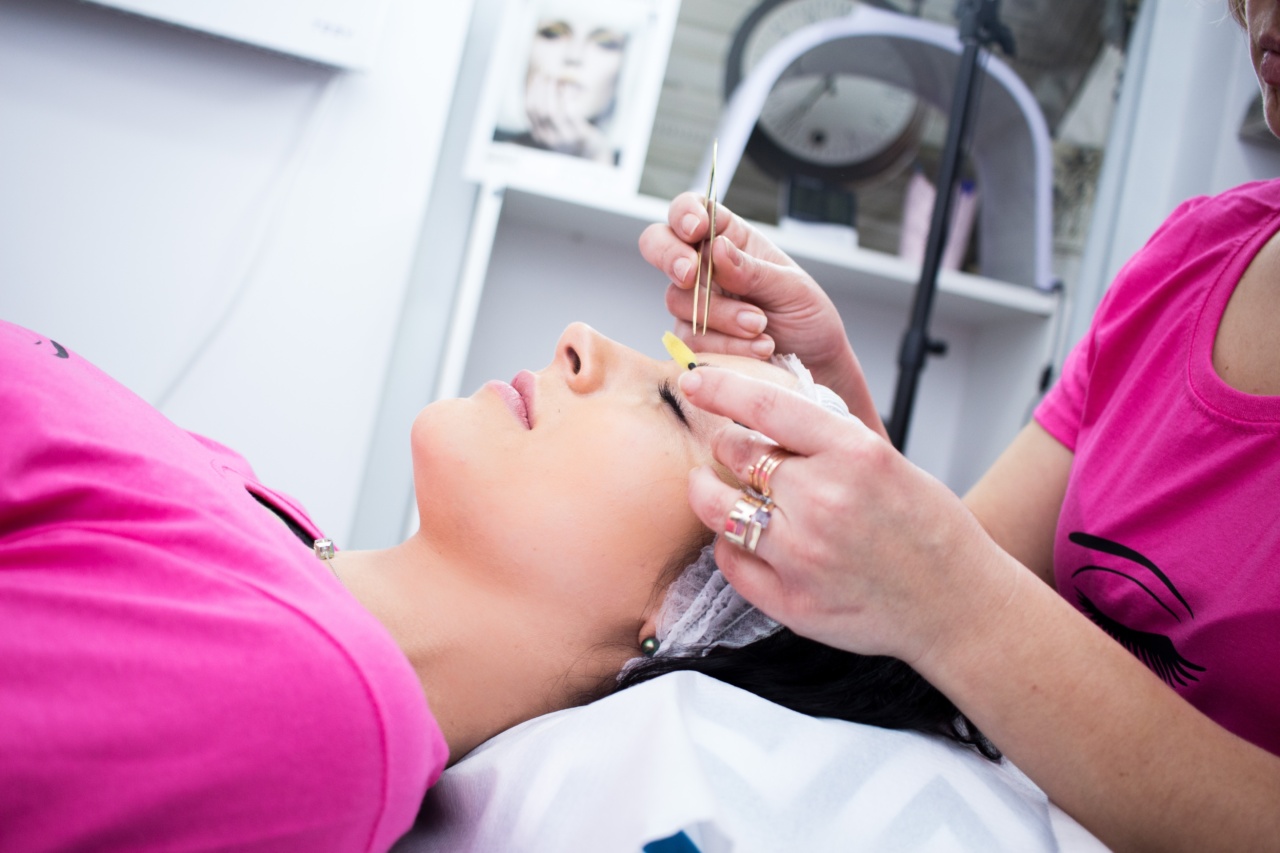A dermatologist is a medical expert who specializes in the diagnosis, treatment, and prevention of conditions related to the skin, hair, nails, and mucous membranes.
Often, dermatologists work with primary healthcare providers to help patients maintain healthy skin and treat skin disorders.
Educational Background and Professional Training of a Dermatologist
Becoming a dermatologist takes many years of focused study, residency, and specialization. Dermatologists must obtain a medical degree from an accredited medical school and a state license, as well as completion of a residency program.
The American Board of Dermatology provides board certification for dermatologists which involves a rigorous examination process that tests knowledge in medical dermatology and surgical dermatology.
Specializations in Dermatology
Dermatology is a vast field as it covers all aspects of the skin, hair, nails, and mucous membranes. Many dermatologists choose to specialize in a particular condition or treatment area. Some of these specializations include:.
- Medical Dermatology – treating skin conditions such as acne, rosacea, and eczema.
- Surgical Dermatology – Mohs surgery to remove skin cancer.
- Cosmetic Dermatology – using treatments like Botox and fillers to reverse signs of aging.
- Pediatric dermatology – treating skin conditions on children
- Hair and nail disorders.
Reasons to Visit a Dermatologist
There are many reasons to visit a dermatologist. One of the most common reasons is for a skin check-up.
A person should see a dermatologist if they notice any changes in their skin such as new growths, lesions, or moles that appear or change in size, shape, or color. Visiting a dermatologist at least once a year for a skin check-up can detect skin cancer or other conditions early on.
Acne is another primary reason people visit a dermatologist. Dermatologists can prescribe medication or other treatments to help clear acne and reduce scarring. Dermatologists can also provide guidance on lifestyle changes that can reduce acne breakouts.
Treatments Provided by a Dermatologist
Dermatologists provide a variety of treatments for skin, hair, and nail conditions, some of these treatments include:.
- Prescription medications to treat skin conditions, including antibiotics for acne and fungal infections.
- Light therapy to treat certain skin conditions like psoriasis.
- Cryotherapy to remove skin tags, warts, and other skin lesions through the use of liquid nitrogen.
- Laser treatments for skin resurfacing or to remove unwanted hair.
- Cosmetic treatments like Botox, fillers, and chemical peels.
Preventing Skin Disorders
Prevention is important for good skin health. Dermatologists are trained not only in the treatment of skin conditions but also in preventing them. Some tips for preventing skin disorders include:.
- Wear protective clothing and sunscreen when outside especially during periods of prolonged sun exposure.
- Ensure that you have a balanced diet with plenty of fruits and vegetables and drink lots of water.
- Do not smoke as smoking causes skin aging.
- Use skincare products that are suitable for your skin type and avoid using products that may irritate your skin.
When to see a Dermatologist
A person should see a dermatologist if they notice any changes in their skin such as new growths, lesions, or moles that appear or change in size, shape, or color.
Visiting a dermatologist at least once a year for a skin check-up can detect skin cancer or other conditions early on. Other scenarios where a person should visit a dermatologist include:.
- If they have a persistent rash or itching that does not go away with over-the-counter treatments
- If they have a skin condition that is causing discomfort or pain.
- If they have a condition like vitiligo or psoriasis that requires regular monitoring and treatment.
- If they have a family history of skin cancer.
Conclusion
A dermatologist plays an essential role in maintaining good skin health. They provide an array of services, including diagnosis, treatment, and prevention, for skin, hair, and nail conditions.
It is recommended that people visit a dermatologist at least once a year for skin check-ups and to detect skin cancer and other conditions early on.




























